






5-Star Valuation Services, Loved by Hundreds
Defensible appraisals for any legal or tax need.
Rather than relying on a single lead appraiser or fixed team, we maintain an extensive network of credentialed specialists, each with deep expertise in particular asset types and valuation purposes. This enables us to match every engagement with the right expert while delivering exceptionally fast turnaround times, even under the most demanding deadlines.
When you require a defensible appraisal you can trust, AppraiseItNow delivers.


Easy & Fast Online Appraisal Process
Our unique model allows us to meet super tight deadlines for tax filings, court dates, internal company project timelines.

Industry-Leading Appraisal Speed
Our unique business model means that we always have a credentialed appraiser available to work on your project, and we can meet obscure and short deadlines for tax filings, court submissions, internal projects, and more. Even if that means preparing your appraisal within 24 hours!

Any Asset Covered
This means that we can appraise any type of item including furniture, artwork, jewelry, business inventory, machinery & equipment, cars, boats, and more!

Servicing Enterprises & Individuals
Our company services anyone from an individual with a single couch to an enterprise needing contents of multiple offices or warehouses appraised.

Defensible for Any Purpose
Frequently Asked
Questions
No Frequently Asked Questions Found.
Key examples of personal use assets include primary residences, vacation homes, art collections, antiques, classic cars, boats, and other items acquired primarily for personal pleasure. Unlike business assets, these possessions are not primarily designed to generate income or serve commercial objectives.
The classification of personal use carries significant implications for financial and legal considerations. Tax regulations, insurance requirements, and estate planning all rely on understanding the nuanced distinctions between personal and commercial asset usage. For instance, expenses related to personal-use assets typically differ from business-related expenditures in terms of tax deductibility and reporting requirements.
Personal use assets often transcend mere monetary value, embodying emotional significance and personal history. Family heirlooms, inherited collectibles, and cherished personal properties frequently represent more than their financial worth, carrying sentimental attachments and personal memories that cannot be easily quantified.
Understanding the specific nature of personal use assets helps individuals make informed decisions about valuation, protection, and potential future disposition. Whether considering insurance coverage, estate planning, or financial strategy, recognizing the unique characteristics of personal use assets provides a comprehensive approach to asset management and preservation.
Insurance protection stands as a primary motivation for obtaining an appraisal. By documenting the precise value of your valuables, you ensure comprehensive coverage that accurately reflects replacement costs. This prevents potential financial shortfalls during unexpected loss or damage scenarios.
Estate planning represents another key area where personal property appraisals prove invaluable. Professional valuations facilitate equitable asset distribution among beneficiaries and provide clear documentation for potential tax considerations. This approach minimizes potential family disputes and creates transparency in inheritance processes.
When considering selling or liquidating assets, an accurate appraisal becomes an essential tool. Professional valuation provides a credible foundation for pricing strategies, enhancing your negotiating position and providing potential buyers with confidence in the asset's worth. This is particularly crucial for unique or specialized items with complex market dynamics.
Certain tax scenarios also necessitate professional appraisals, especially for charitable donations or complex asset transfers. These documented valuations ensure regulatory compliance and can potentially optimize tax strategies by providing officially recognized asset assessments.
Beyond financial considerations, personal property appraisals offer intrinsic value through enhanced understanding of your assets. They provide deeper appreciation for the historical, cultural, or personal significance of your possessions while delivering objective, professional insights into their current market standing.
Ultimately, a professional appraisal transcends simple monetary evaluation, offering a comprehensive approach to understanding and protecting your personal property's value across multiple life contexts.
Professional appraisers conduct an in-depth examination that considers several key elements: equipment age, operational condition, accumulated usage hours, specific brand and model characteristics, and current market dynamics. Each factor is carefully weighted to generate an accurate representation of the asset's true worth.
The appraisal process begins with a detailed physical inspection, where experts methodically evaluate the equipment's structural integrity, mechanical functionality, and overall performance potential. Maintenance records play a crucial role, offering insights into the equipment's historical care and potential longevity. Well-maintained machinery typically commands a higher valuation, reflecting the diligence of its previous owners.
Comparative market analysis forms another cornerstone of the appraisal methodology. Appraisers cross-reference the equipment against recent sales of similar machinery, ensuring the valuation reflects current market conditions and industry trends. This approach provides a nuanced, data-driven perspective that goes beyond surface-level assessments.
Different sectors leverage construction equipment appraisals for varied purposes. Contractors use these evaluations to make strategic decisions about equipment acquisition or disposition. Financial institutions rely on precise valuations to assess lending risks and determine appropriate financing terms. Rental companies depend on these assessments for fleet management and insurance purposes.
Ultimately, a construction equipment appraisal represents a complex intersection of technical expertise, market knowledge, and financial analysis. It provides stakeholders with a reliable, objective assessment that supports informed decision-making in an ever-evolving industry landscape.
Detailed digital assessments typically involve clients submitting high-quality photographs and comprehensive equipment specifications. Appraisers carefully analyze these submitted materials, examining equipment condition, age, operational history, and market comparability factors. This method allows for precise evaluation without requiring physical presence.
Interactive online appraisal options have expanded, leveraging video conferencing platforms like Zoom, Google Meet, and Skype. These live sessions enable real-time equipment examination, allowing appraisers to request specific angles, discuss unique features, and conduct thorough visual inspections with clients.
The digital appraisal process offers significant advantages, including dramatically reduced turnaround times and elimination of geographical constraints. Clients can receive professional assessments quickly and conveniently, without scheduling complex in-person meetings or incurring additional travel expenses.
Modern appraisal techniques incorporate advanced technological tools and professional expertise to deliver accurate, reliable equipment valuations. By combining detailed documentation, visual evidence, and professional analysis, online construction equipment appraisals provide comprehensive insights that meet industry standards and client expectations.
Certified general appraisers offer the broadest expertise, holding comprehensive licenses that enable them to assess virtually any type of heavy machinery. Their deep market knowledge allows for nuanced valuations of complex and high-value equipment, making them invaluable for comprehensive assessments.
Licensed equipment appraisers focus specifically on machinery valuation, developing deep expertise in construction equipment like excavators, bulldozers, and cranes. Their specialized knowledge ensures precise evaluations that account for industry-specific factors, regulatory compliance, and detailed condition assessments.
Industrial appraisers bring a strategic perspective, examining equipment within the broader context of manufacturing and construction operations. They excel at understanding how machinery integrates into industrial ecosystems, providing holistic valuations that consider operational capabilities and market positioning.
Cost approach appraisers utilize a methodical replacement value strategy, calculating equipment worth based on reproduction costs and accounting for depreciation. This approach proves particularly effective for new or unique machinery, offering a scientific basis for valuation.
Market approach appraisers leverage comparative sales data, analyzing recent transactions to determine fair market value. By examining factors like age, condition, and brand reputation, they provide insights that reflect current market dynamics and competitive pricing trends.
Auction appraisers specialize in evaluating equipment within the unique context of sales environments. Their expertise in predicting auction performance helps buyers and sellers understand potential market values, drawing from historical sales data and current industry trends.
Selecting the right appraiser depends on specific assessment needs, equipment type, and valuation objectives. Understanding these professional distinctions empowers businesses and individuals to make informed decisions about their construction equipment assets.
Financial decision-makers rely on equipment appraisals to understand the true economic landscape of their assets. By establishing precise market values, companies can make informed choices about equipment maintenance, replacement, and potential divestiture. These evaluations capture nuanced details about depreciation, current market conditions, and potential future value trajectories.
Insurance and risk management represent another crucial dimension of equipment appraisals. Accurate valuations ensure appropriate coverage levels, protecting organizations from potential financial vulnerabilities in case of unexpected equipment loss or damage. This proactive approach mitigates potential economic disruptions and provides a clear framework for claims processes.
Lending institutions and financial partners frequently require professional equipment appraisals when considering financing or leasing arrangements. A comprehensive, objective assessment provides credibility and transparency, potentially securing more favorable lending terms and demonstrating the organization's financial sophistication.
Tax planning and compliance represent additional significant benefits of professional equipment appraisals. Whether addressing charitable donations, estate planning, or annual tax reporting, precise valuations help organizations maximize potential tax advantages while maintaining regulatory adherence.
Strategic asset management emerges as a fundamental outcome of regular equipment appraisals. By tracking equipment value over time, businesses can develop more intelligent procurement strategies, anticipate replacement cycles, and optimize their capital investment approaches.
Ultimately, construction equipment appraisals transcend simple monetary calculations. They represent a holistic tool for financial strategy, risk management, and organizational planning, enabling more sophisticated and informed decision-making across multiple business dimensions.
Understanding Construction Equipment Appraisals
Understanding construction equipment appraisals is essential for both buyers and sellers in the market. These appraisals assess the fair market value of machinery and equipment, which can vary significantly based on factors such as brand, model, age, condition, and usage history. A comprehensive appraisal helps both parties make informed decisions and ensures that transactions are based on accurate information, minimizing the risk of financial loss.
The appraisal process typically involves a thorough inspection of the equipment, during which a qualified appraiser evaluates its physical condition and operating capabilities. This examination may include reviewing maintenance records, previous sales data, and comparable sales in the market. Additionally, the appraiser may consider economic factors such as current demand for specific types of equipment, the general state of the construction industry, and any upcoming technological advances that could influence values.
Ultimately, obtaining a reliable appraisal can facilitate smoother negotiations and foster trust between buyers and sellers. A well-documented appraisal report provides both parties with a clear baseline for discussions, whether they are negotiating purchase prices, arranging financing, or preparing for resale. Understanding the nuances of construction equipment appraisals empowers stakeholders to navigate this competitive market with greater confidence and clarity.
Why Appraisals Are Essential for Buying and Selling Equipment
When it comes to purchasing or selling construction equipment, appraisals play a crucial role in determining the fair market value. An accurate appraisal provides both buyers and sellers with essential insights, enabling them to make informed decisions based on current market trends and conditions. Without a professional assessment, buyers may overpay for equipment, while sellers risk undervaluing their assets, potentially leading to substantial financial discrepancies. The appraisal process ensures that both parties have a clear understanding of the equipment’s worth, which can facilitate smoother negotiations.
Moreover, appraisals can help establish transparency and build trust between buyers and sellers. By relying on an unbiased third-party assessment, parties can avoid the pitfalls of subjective opinions and emotional pricing, creating a fair playing field. Additionally, having an appraisal on hand can streamline the financing process for buyers, as lenders often require documentation of the equipment's value before approving loans. Ultimately, obtaining an appraisal is not just a best practice; it’s a necessary step to achieving a successful and equitable transaction.
Key Factors Influencing Equipment Value
When appraising construction equipment for purchase or sale, several key factors significantly influence its value. The age and condition of the machinery play a crucial role; newer equipment with less wear and tear typically commands a higher price. Additionally, the maintenance history is invaluable, as well-maintained machines often perform better and have a longer useful life, effectively enhancing their resale appeal.
Market demand also affects the valuation of construction equipment. If a specific type of machinery is in high demand due to ongoing construction projects or a booming industry, its value can increase substantially. Conversely, an oversupply of a particular category may drive prices down, making it essential for buyers and sellers to be aware of current market trends and demands.
Furthermore, the original purchase price and initial depreciation rates must be considered. Different types of equipment depreciate at varying rates, influenced by factors such as brand reputation, technological advancements, and economic conditions. Understanding these variables helps both buyers and sellers make informed decisions that reflect the true market value of the equipment.
Types of Construction Equipment Subject to Appraisal
Construction equipment encompasses a wide range of machinery and tools that are pivotal in various building and infrastructure projects. Common types include excavators, bulldozers, backhoes, and loaders, each serving specific functions that contribute to efficiency on job sites. In addition to these heavy machines, smaller equipment such as generators, concrete mixers, and scaffolding also play crucial roles in construction operations. Understanding the different types of equipment and their respective functionalities can influence purchasing decisions and ultimately optimize project outcomes.
When appraising construction equipment, it's essential to consider factors such as age, condition, maintenance history, and market trends. Older machinery may require more frequent repairs, while new models might incorporate advanced technology that enhances productivity. Additionally, unique equipment tailored for specialized tasks may hold different value assessments based on rarity or demand in the market. By evaluating these aspects, stakeholders can make informed decisions whether they are purchasing, selling, or financing equipment.
The Appraisal Process Explained
The construction equipment appraisal process begins with a thorough inspection of the machinery in question. An appraiser assesses various aspects, including the equipment's age, condition, and overall functionality. Factors such as maintenance history, operational hours, and any modifications made are also taken into account to ensure an accurate valuation that reflects the current market trends.
Once the inspection is complete, the appraiser gathers relevant market data to compare the equipment against similar units available for sale or recent sales in the market. This comparative analysis not only informs the appraiser of prevailing pricing but also helps identify depreciation rates that can affect the value. Utilizing this data, the appraiser formulates a well-supported opinion of value, which is crucial for both buyers and sellers navigating the purchase and sale process.
Finally, the appraisal culminates in a detailed report that outlines the findings and valuation conclusion. This report serves as a critical resource for stakeholders, helping them make informed decisions regarding their transactions. It also provides transparency, as both parties can understand the basis for the value assigned and ensures that they engage in fair negotiations backed by expert insight.
Different Methods of Appraisal for Construction Equipment
When it comes to appraising construction equipment, several methods can be employed to determine its value effectively. One common approach is the market comparison method, which analyzes recent sales of similar equipment in the market. This method is beneficial because it reflects current market trends and actual buyer behavior, providing a realistic estimate of what your equipment is worth based on comparable sales. Factors such as equipment age, condition, and brand reputation play crucial roles in this evaluation.
Another popular method is the income approach, which evaluates the potential income that a piece of equipment could generate over its useful life. This approach is particularly useful for specialty equipment that may have unique revenue-generating abilities, such as cranes or bulldozers utilized in commercial construction projects. By assessing anticipated cash flows and incorporating depreciation factors, appraisers can derive a value that highlights the equipment's earning potential rather than just its physical attributes.
Common Documentation Required for Appraisals
When preparing for a construction equipment appraisal, it's essential to gather specific documentation that will facilitate an accurate evaluation. Typically, appraisers will require proof of ownership, such as the original purchase invoice or title documents, to confirm the equipment's legitimacy and ownership history. Additionally, maintenance records, including service logs and repair receipts, can provide insight into the equipment's condition and operational reliability, which directly impact its overall value.
The equipment's specifications and features play a significant role in its appraisal, so having access to these details is vital. This includes information like make, model, year of manufacture, hour meter readings, and any custom modifications that have been made. Such documentation not only aids in identifying the equipment but also assists appraisers in making comparisons with similar items in the market, allowing for a more precise valuation.
Lastly, if the equipment has been previously appraised, including reports from prior evaluations can be advantageous in the appraisal process. These reports can offer benchmarks and trends in valuation over time, helping appraisers understand how the market value has fluctuated. By gathering all necessary documents, sellers and buyers can ensure a smooth appraisal process, ultimately leading to fairer pricing and successful transactions.
Valuation Standards and Guidelines in the Industry
Valuation standards and guidelines play a crucial role in the construction equipment appraisal process, ensuring consistency, accuracy, and transparency. The most widely recognized standards come from organizations such as the Appraisal Institute and the International Society of Appraisers, which provide frameworks for appraisers to assess the fair market value of equipment. Adhering to these guidelines helps establish credibility, as they require appraisers to analyze various factors, including equipment condition, age, usage history, and market demand.
Additionally, the Uniform Standards of Professional Appraisal Practice (USPAP) offer a comprehensive set of ethical and performance obligations that appraisers must follow. These standards promote professionalism and due diligence, encouraging appraisers to conduct thorough research and apply appropriate methodologies in their valuations. By adhering to these practices, appraisers can provide detailed and accurate reports that reflect the true worth of the construction equipment in a fluctuating market.
Market analysis and comparable sales data are also pivotal in the valuation process. Appraisers often utilize sales comparisons, trends in the construction industry, and equipment depreciation rates to derive value. This approach not only aids in establishing a fair market value but also protects both buyers and sellers in transactional scenarios, minimizing the risk of overpaying or undervaluing essential equipment.
Timing Your Appraisal: When and Why It Matters
Timing your construction equipment appraisal is crucial for ensuring that you make informed decisions regarding purchase or sale. Ideally, appraisals should be conducted when there is a clear financial transaction on the horizon, such as an impending sale, purchase, or trade-in. Conducting an appraisal at this point allows stakeholders to grasp the current market value, which can assist in negotiating better terms and pricing.
In addition to timing your appraisal around transactions, it’s essential to consider seasonal factors and market trends that can impact equipment value. For example, certain types of construction equipment may have seasonal demand, influencing their appraisal value positively or negatively at different times of the year. By aligning your appraisal with these trends, you can optimize your results, ensuring that both buyers and sellers understand the market landscape more accurately.
Finally, regular appraisals, even when a transaction is not imminent, can be beneficial for managing and maintaining assets effectively. Equipment depreciation, upgrades, and changes in operational needs can affect asset values over time. Establishing a routine appraisal schedule helps businesses remain proactive in understanding their equipment's worth, thus aiding in strategic decision-making and financial planning.
The Role of Qualified Appraisers in Equipment Valuation
Qualified appraisers play a crucial role in the valuation of construction equipment, providing essential insights that help buyers and sellers make informed decisions. Their expertise encompasses a variety of factors, including the condition of the equipment, its original purchase price, current market demand, and comparable sales. By assessing these elements, appraisers can deliver an accurate estimate that reflects the true value of the equipment in today's market, ensuring that both parties can achieve a fair transaction.
Additionally, certified appraisers often have extensive knowledge of specific types of machinery and equipment, along with an understanding of industry trends and economic factors that influence values. This specialized knowledge allows them to consider nuances that may not be apparent to non-experts. Their evaluations can mitigate risks associated with overpaying or undervaluing the equipment by providing a thorough analysis supported by data and market research.
Furthermore, having a comprehensive appraisal report can provide an added layer of protection during negotiations, as it serves as a credible basis for price discussions between buyers and sellers. A qualified appraiser's detailed report not only enhances transparency but also builds trust in the transaction process. In a fluctuating market, their assessments can guide stakeholders in making strategic decisions regarding purchases, sales, and long-term asset management.
How to Interpret an Equipment Appraisal Report
Interpreting an equipment appraisal report can seem daunting, especially for those unfamiliar with valuation metrics. The report will typically include critical details such as the fair market value, condition of the equipment, and comparable sales data. Understanding these components helps buyers and sellers gauge the equipment's worth and negotiate a fair price. Familiarity with terms like depreciation, functional obsolescence, and replacement cost can also significantly impact your investment decisions.
One key element to note is the appraiser's methodology. Often, appraisers will use one of three approaches: the cost approach, the market approach, or the income approach. Each method provides a different perspective on value, taking into account aspects like replacement cost for new equipment, recent sales of similar equipment, or income generated by the asset. Understanding which approach was used and why can give you deeper insights into the valuation process and potential pricing strategies.
Additionally, paying attention to the appraisal's context is vital. Factors such as market demand, economic conditions, and the specific purpose of the appraisal can influence the final assessment. A report tailored for insurance purposes may present different valuation figures than one meant for a sale. Recognizing these contexts will not only aid in interpreting the data effectively but also inform better decision-making during the purchase or sale process.
Frequently Asked Questions About Equipment Appraisals
When considering a construction equipment appraisal, one of the most common questions is about the purpose of the appraisal. An appraisal serves to provide a credible estimation of the market value of equipment, which can be crucial during transactions such as buying, selling, or financing. Understanding the value of the equipment ensures that both buyers and sellers are making informed decisions and helps facilitate negotiations by setting clear expectations regarding pricing.
Another frequently asked question revolves around the factors that influence the value of construction equipment. Key considerations include the age and condition of the equipment, its operational hours, and the overall demand in the market. Additionally, brand reputation and recent sales data for similar equipment play significant roles in determining the appraised value. Being aware of these factors can help stakeholders better understand how the appraisal process aligns with the current equipment market.
Lastly, many individuals wonder about the qualifications of appraisers and how to choose the right professional for their needs. Certified appraisers typically possess extensive knowledge of the equipment, plus training in valuation techniques and industry standards. It is essential to seek an appraiser with experience specific to construction equipment to ensure a thorough and accurate assessment. Engaging a qualified appraiser can provide peace of mind, fostering trust in the value determined during the appraisal process.
View all Locations
APPRAISEITNOW APPRAISERS ARE BEST-IN-CLASS & CREDENTIALED BY LEADING APPRAISAL ORGANIZATIONS LIKE THE ISA, ASA, & MORE.






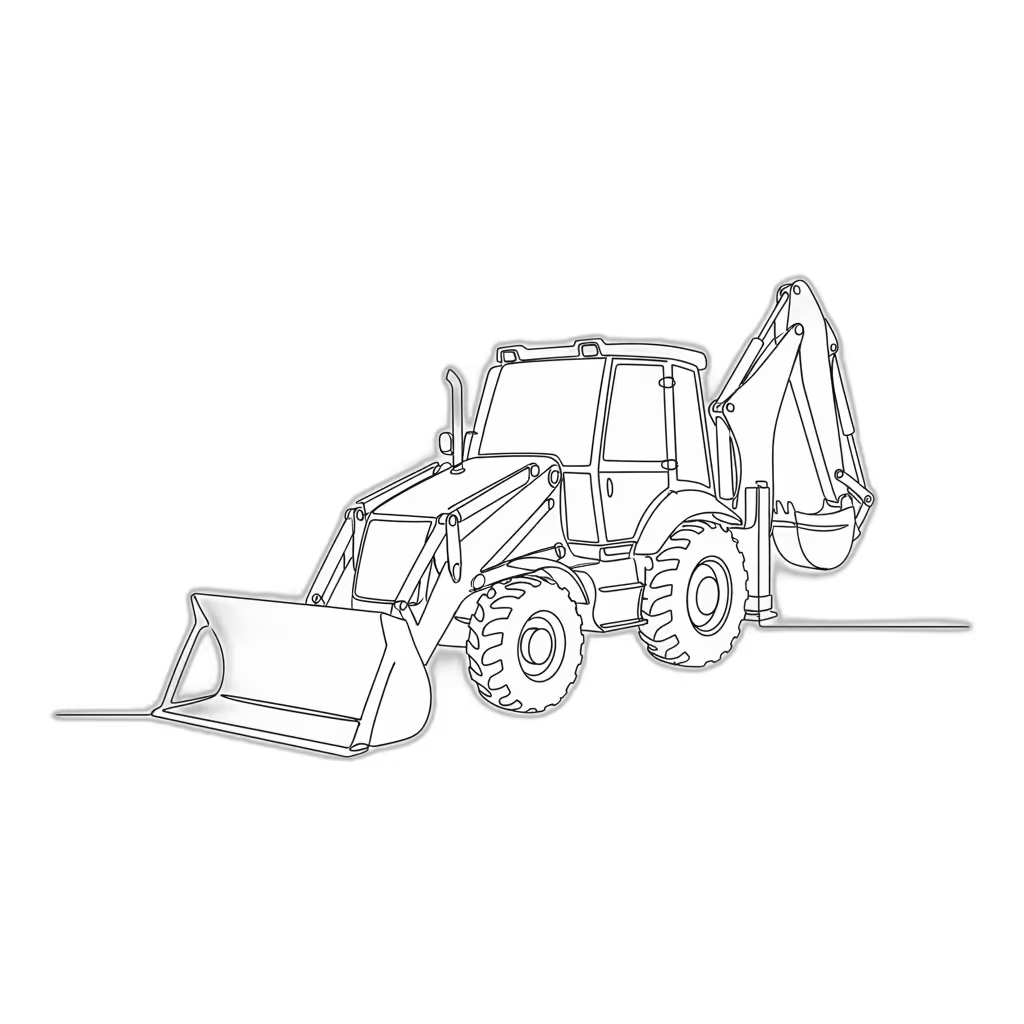
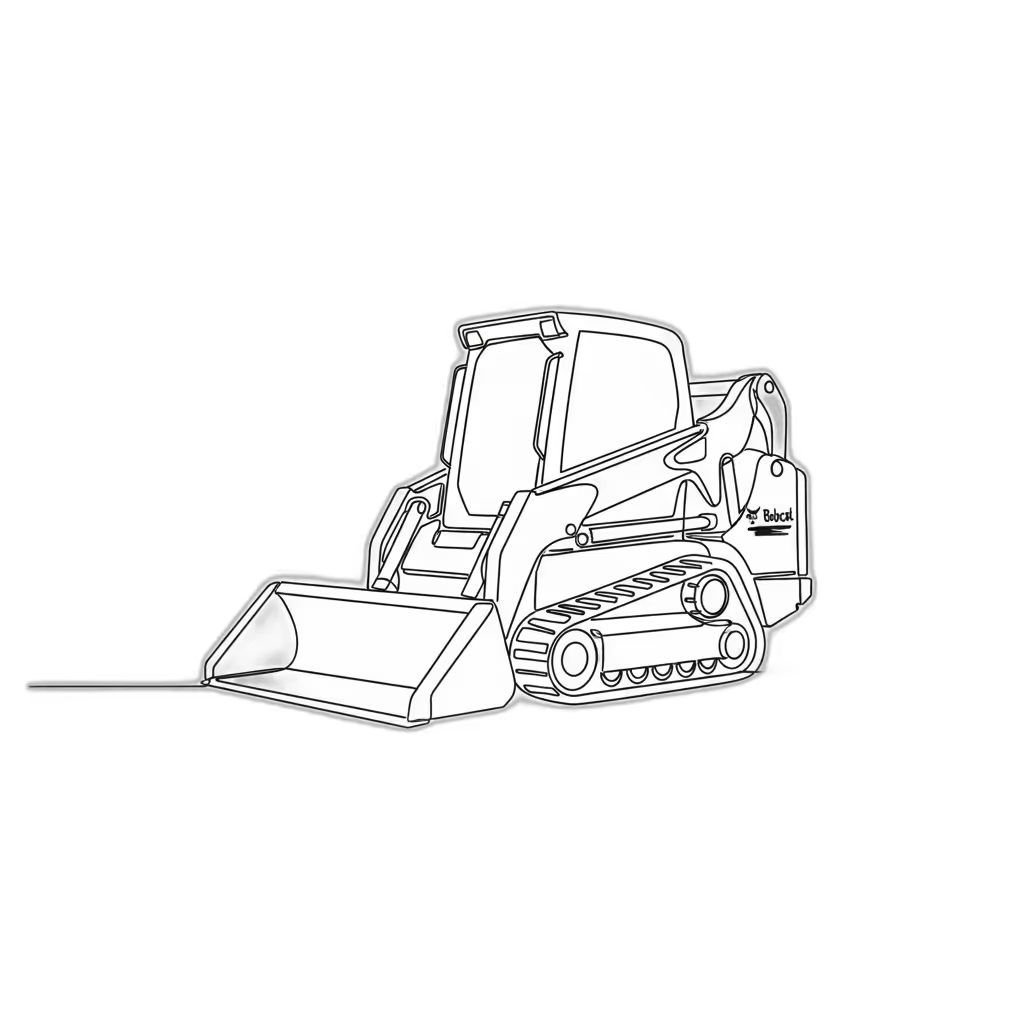
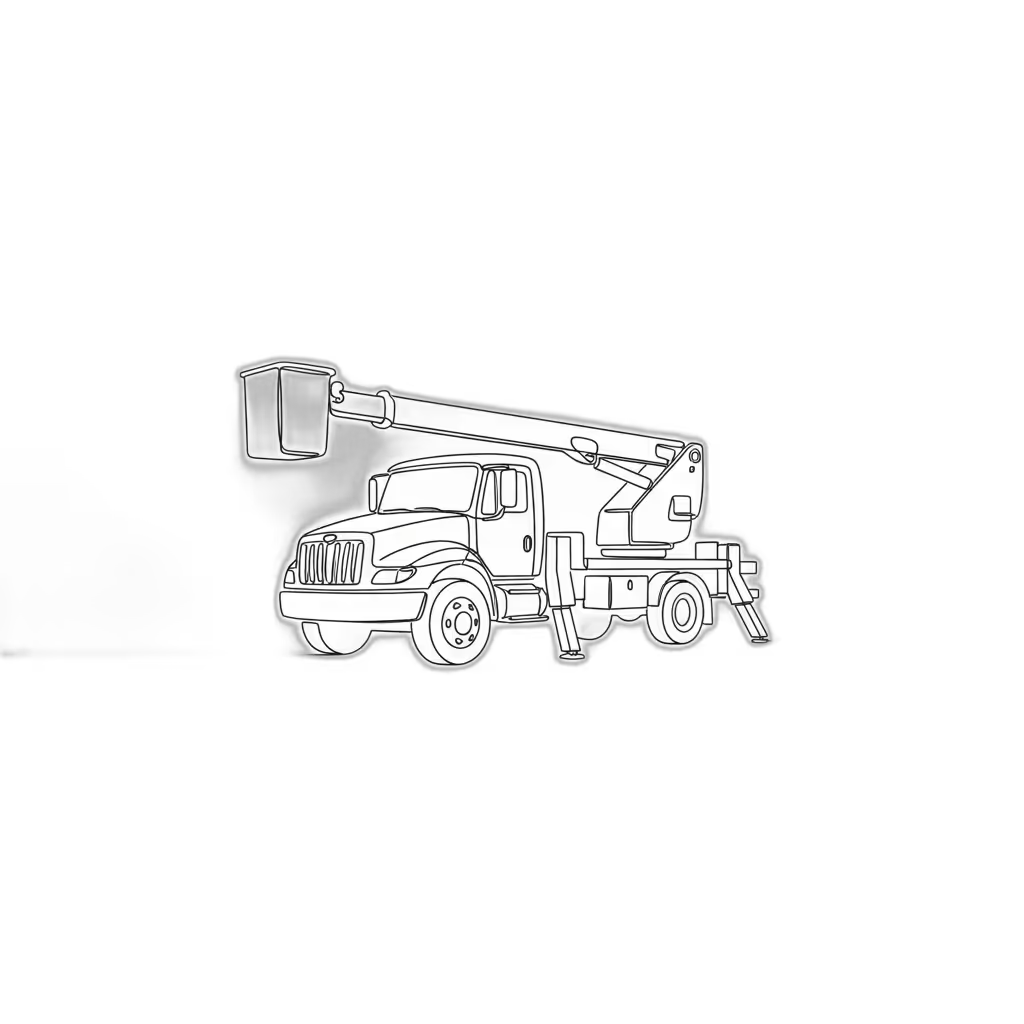
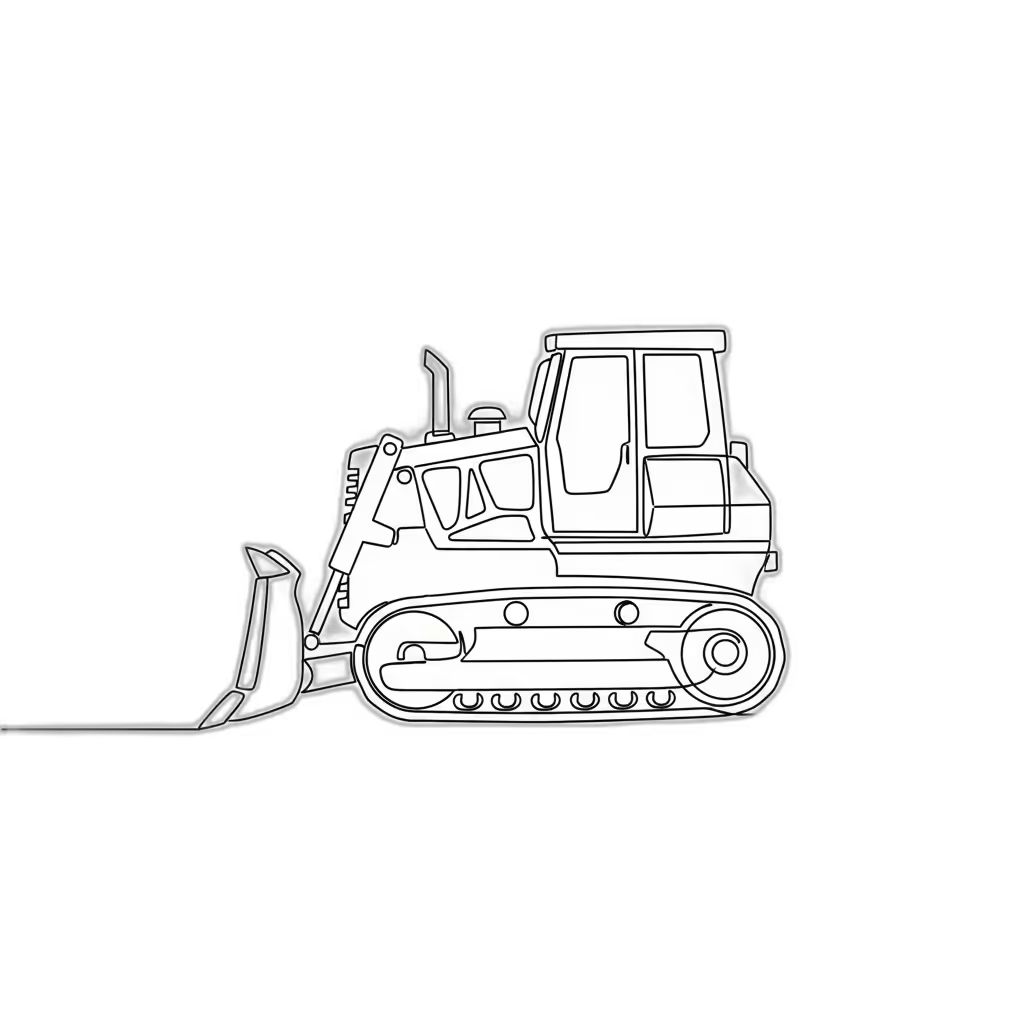



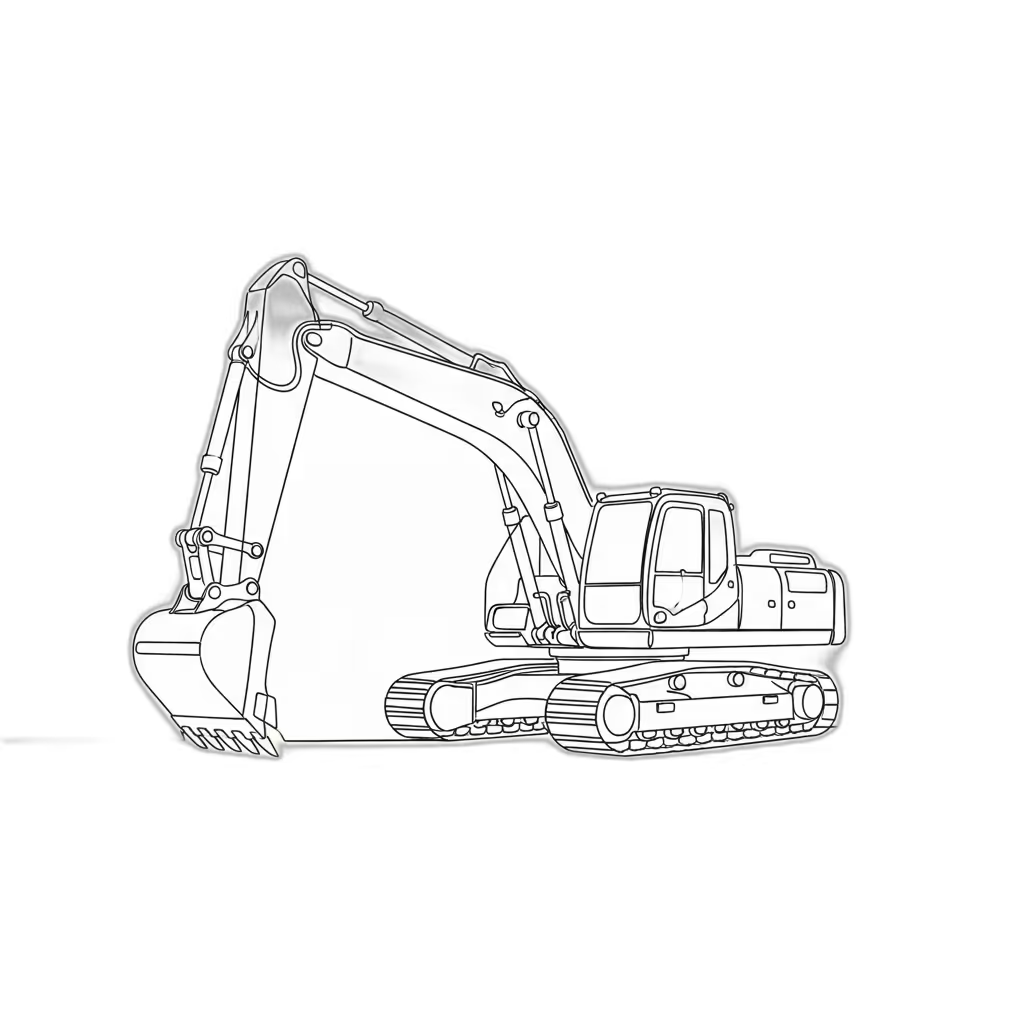
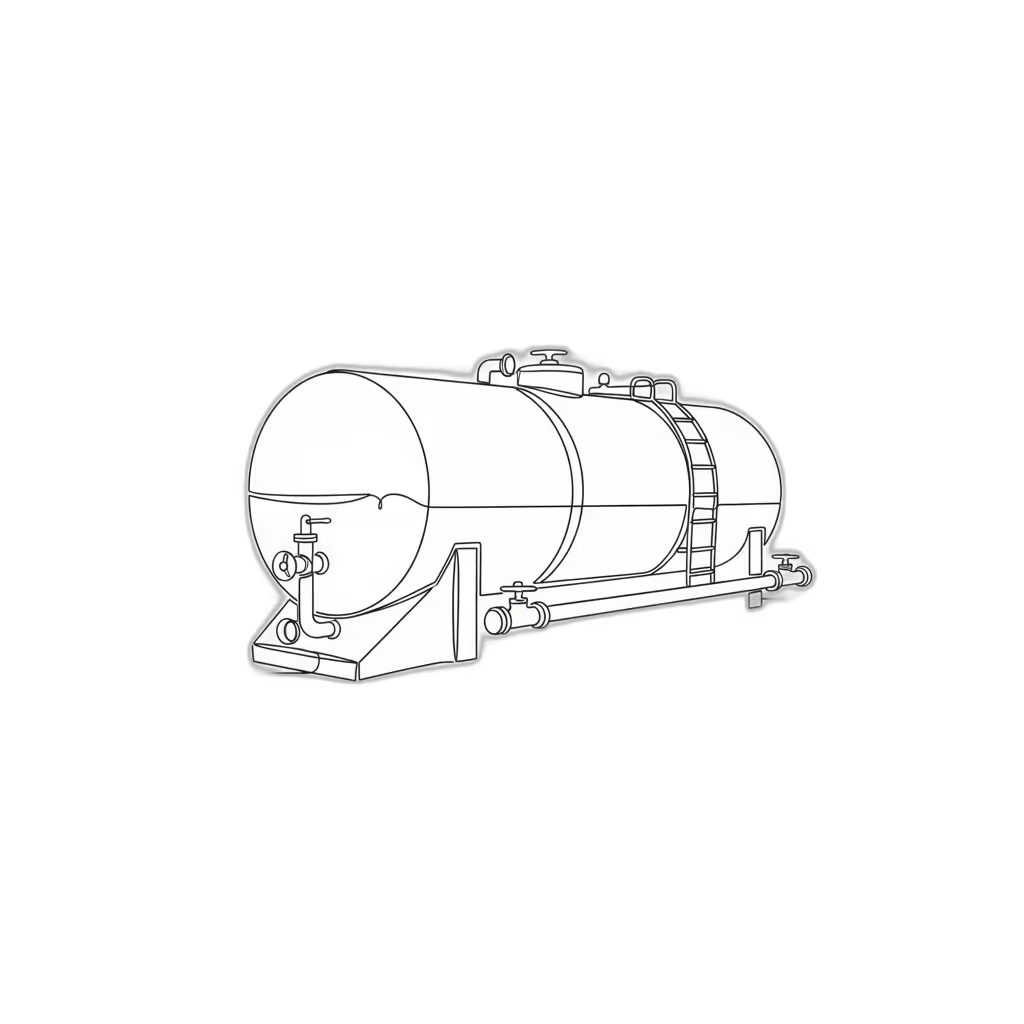
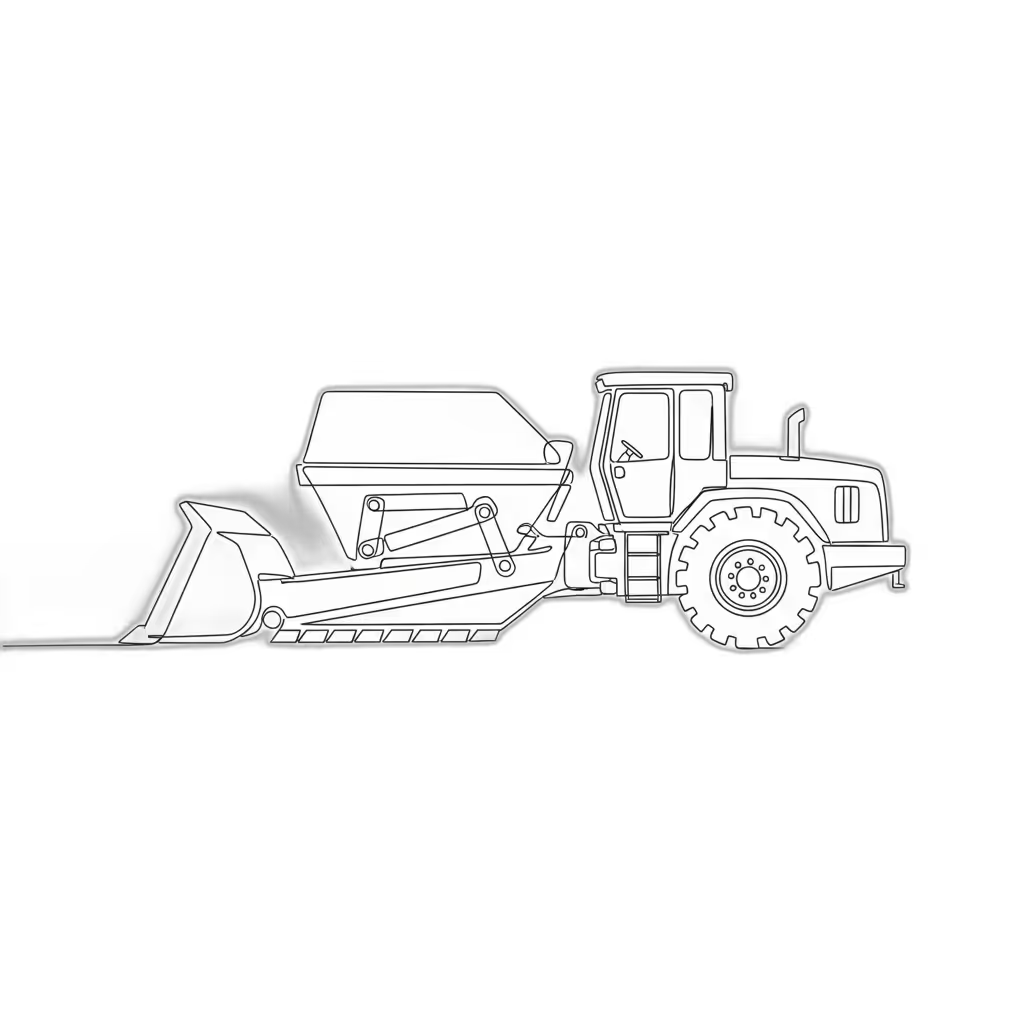
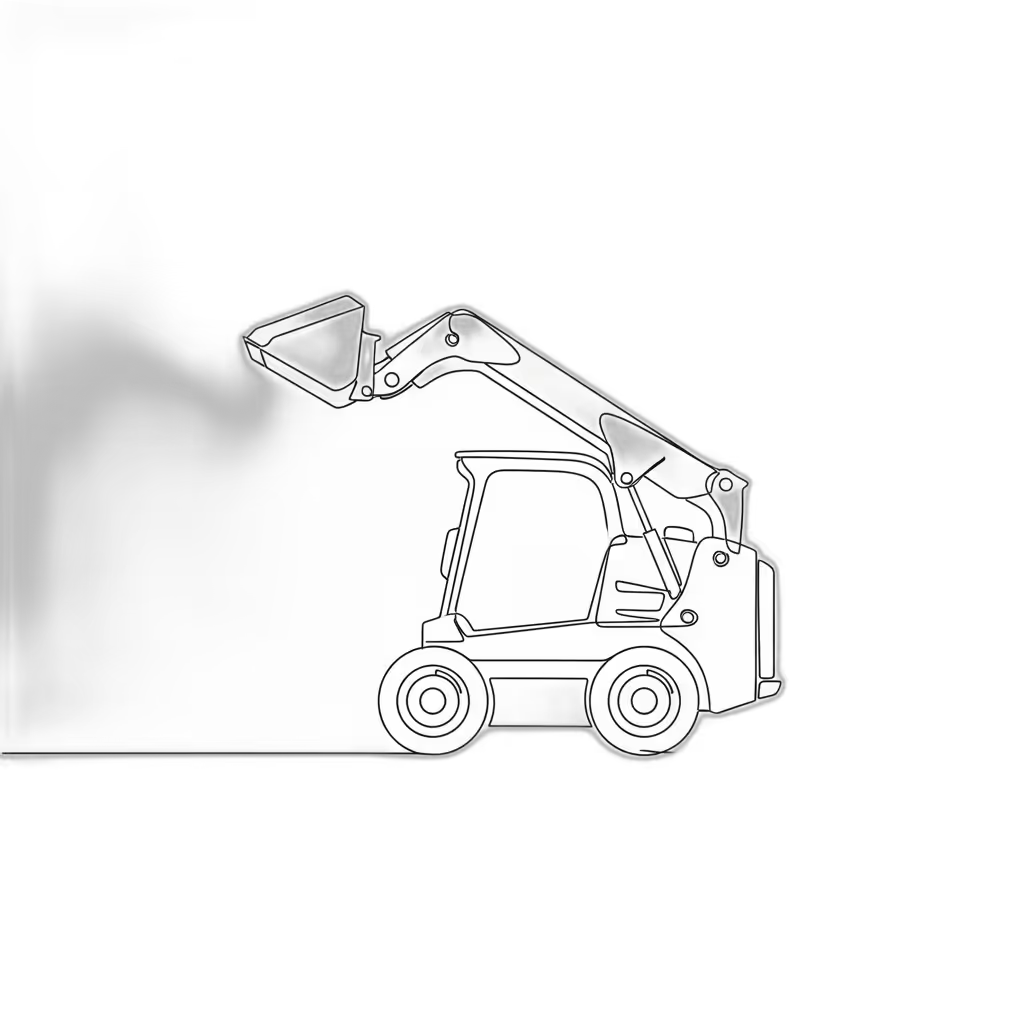

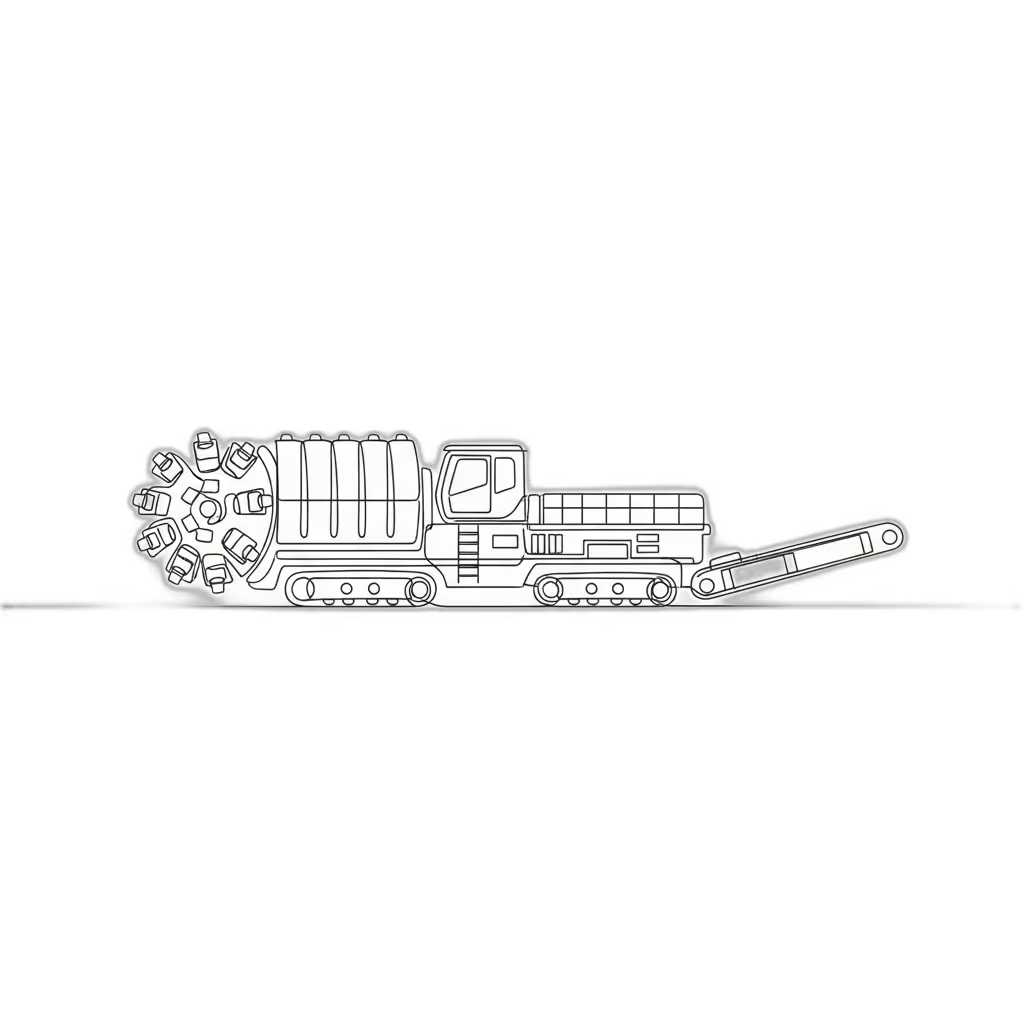
.svg)









